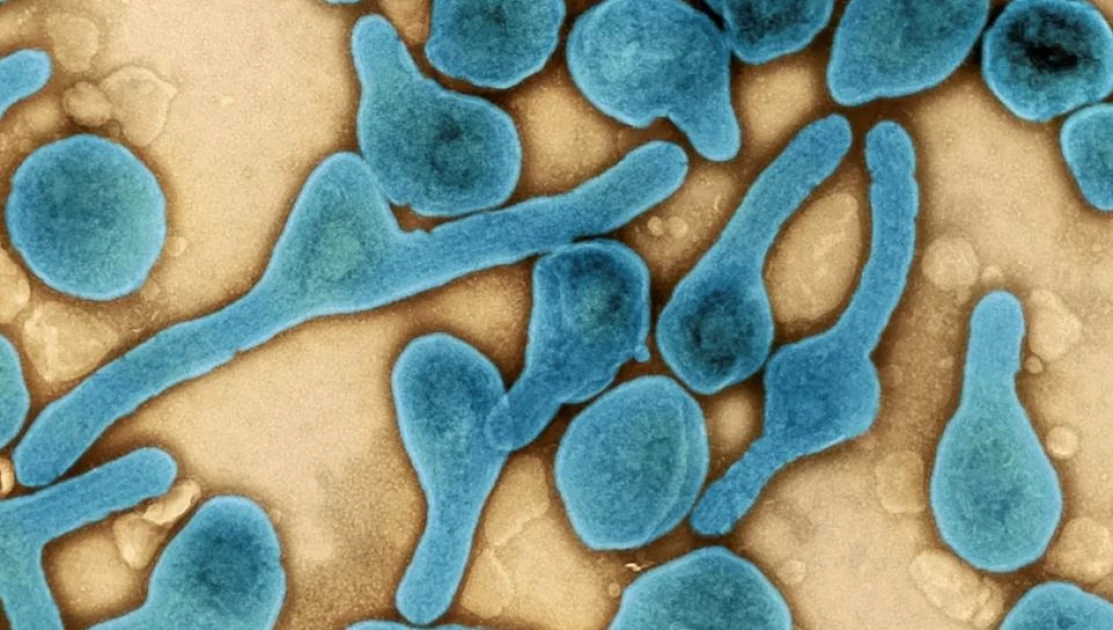The African continent is far from meeting several targets of the 17 Sustainable Development Goals (SDGs) by 2030, according to the Alliance for a Green Revolution in Africa (AGRA). Presenting at the 2024 SDG Action Summit in Ghana last week, AGRA reported that Africa has achieved only four per cent of its Vision 2030 SDG targets.
AGRA highlighted the urgent need for innovative actions to address environmental degradation, economic instability, and social fragmentation to prevent these issues from burdening future generations.
Key Challenges
AGRA identified economic constraints as the primary barrier to progress. Approximately 60 per cent of African countries depend heavily on primary commodity exports, making them vulnerable to price fluctuations and limiting their ability to diversify and innovate—both crucial for SDG implementation.
Other significant challenges include:
- Inadequate infrastructure and funding
- Growing populations in informal settlements
- Climate change affecting freshwater availability
Policy Influence
AGRA noted that Africa’s development policy and management over the past decade have been greatly influenced by the SDGs and Agenda 2063, which are complementary frameworks aimed at fostering prosperity and advancing well-being for both people and the planet.
Agricultural Sector as a Key Opportunity
In her keynote speech, AGRA President Agnes Kalibata emphasized that transforming Africa’s food systems is essential to achieving the SDGs. She called for leadership to drive innovations that boost productivity, ensure food security, and create sustainable livelihoods for farmers.
Global Perspective
The 2024 SDG report by the World Bank aligns with AGRA’s revelations, stating that the world is severely off track in meeting SDG targets by 2030. The report found that only 17 per cent of assessable targets show progress sufficient for achievement by 2030, with the majority displaying moderate to severe deviations from the desired trajectory.
Top-Ranked and Lagging Goals
- Top-ranked goals: SDG 7 (access to affordable, reliable, sustainable, and modern energy for all) and SDG 12 (sustainable consumption and production patterns)
- Leading in regression: SDG 2 (ending hunger, achieving food security and improved nutrition, and promoting sustainable agriculture)
These findings underscore the critical need for accelerated efforts and innovative solutions to meet the ambitious targets set by the SDGs by 2030.


